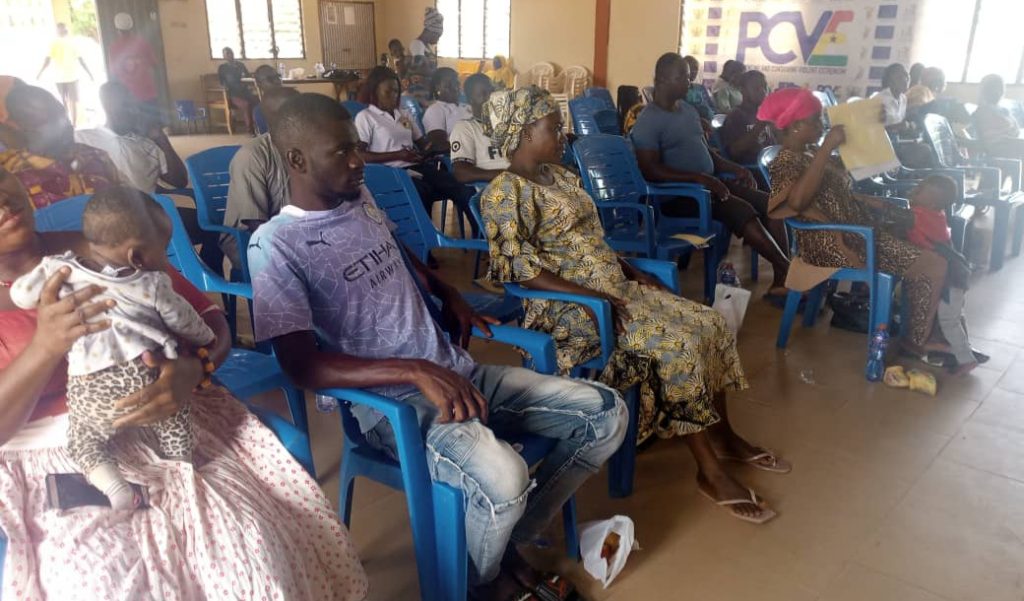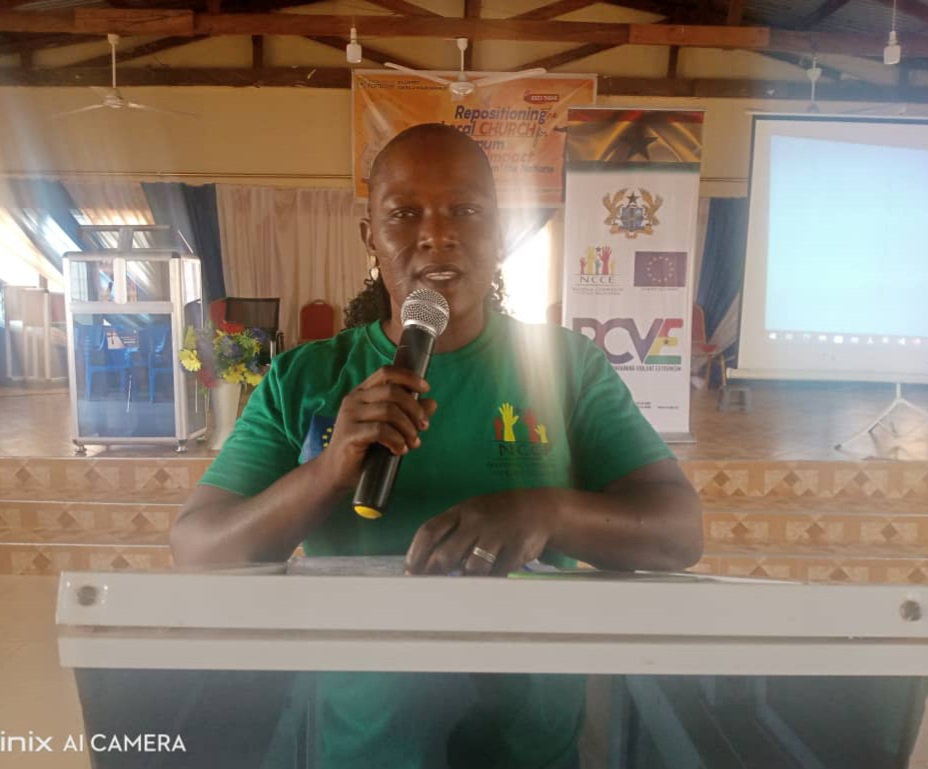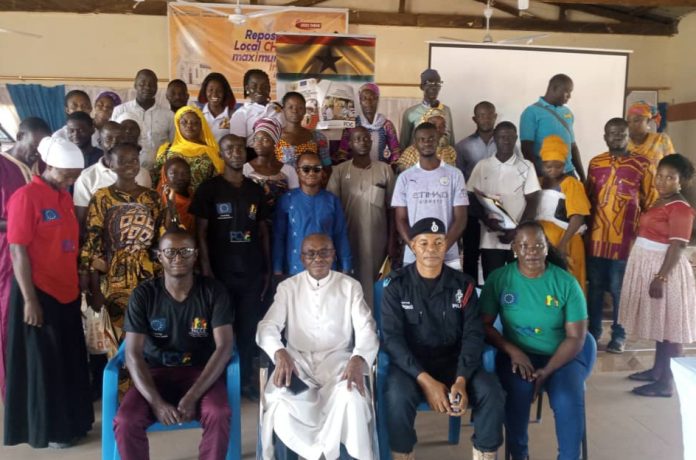The National Commission for Civic Education (NCCE) in the Bole District of the Savannah Region, with funding support from the European Union (EU) on 4th July, 2023, hosted a one-day youth forum titled “Engagements with Youth Groups on Preventing and Containing Violent Extremism (PCVE) Issues.”
The forum aimed to raise awareness among young individuals about the negative consequences of joining violent extremist groups and familiarize them with the legal framework that prohibits the activities of such organizations.

The event was organised as part of the European Union (EU)-supported Preventing and Containing Violent Extremism (PCVE) action in the Northern Regions of Ghana, focusing on non-violence and preventing radicalization.
Various youth groups from the Bole district were invited to participate and contribute to the discussions.
Madam Margaret A. Konlan, the Bole District Director of the National Commission on Civic Education (NCCE), addressed the media during the workshop and emphasisd the importance of the initiative.
She highlighted the region’s proximity to neighboring countries, including Cote d’Ivoire, Togo, and Burkina Faso, which have experienced violence attacks.

Recognising the potential risks posed by violent extremism, she explained that the NCCE’s efforts started in 2021 with the implementation of the NOPROSEC project, which aimed to combat electoral violence and enhance security in the northern regions.
Madam Konlan said;
“The focus of this particular project is to ensure that we educate people to empower and equip them with the needed knowledge to be able to identify some of the things that make people join violent groups and be able to stand and fight against them”.
She emphasized the role of prevention in addressing the issue and encouraged citizens to report any suspicious activities to the appropriate authorities.
The forum featured various experts and facilitators who shared their insights on preventing and containing violent extremism.
Father Lazarus Anyereh, the Parish Priest for the Roman Catholic Church in Bole and the Savannah Regional Chairman of the Peace Council, stressed the significance of building capacity in preventing and containing violent extremism.
He highlighted the vulnerability of marginalized groups, particularly youth and women, who are often targeted by extremist recruitment efforts.
Representatives from the Ghana Police Service also addressed the youth groups, educating them about the activities of extremist groups and their methods of infiltrating communities.
They revealed that the police have collaborated with certain communities to establish community watch groups, responsible for identifying and apprehending suspected individuals before handing them over to the authorities.
They urged everyone to remain vigilant and report any suspicious persons to the security agencies for swift action.
To encourage active participation, participants were divided into groups and given specific questions to answer and present their findings.
This interactive exercise aimed to deepen their understanding of the subject matter and foster a sense of responsibility in preventing violent extremism within their communities.
The engagement with youth groups on Preventing and Containing Violent Extremism (PCVE) issues was regardedu as a crucial step in the fight against violent extremism in the Northern Regions of Ghana.
The collaborative efforts between the NCCE, the EU, local communities, and the media are expected to create greater awareness and empower individuals to resist the allure of violent extremist groups.
With continued education and collective action, the region aspires to build a resilient society, ensuring the safety and well-being of its citizens.
Source: nkilgifmonline.com




